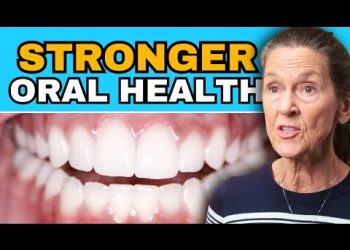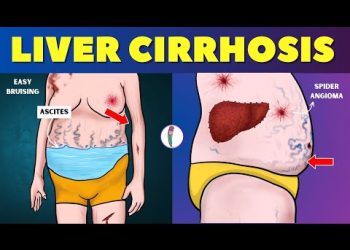Understanding Dental Plaque
Dental plaque is a sticky, colorless film of bacteria that forms on your teeth. This biofilm begins to develop as soon as four to twelve hours after brushing. When bacteria in your mouth mix with sugary and starchy food, dental plaque begins to form. If not properly cleaned, plaque can harden into tartar, which only dental professionals can remove. Unchecked plaque can lead to cavities, gum inflammation, and severe gum disease known as periodontitis, and it even has links to conditions like heart disease and lung infections.
Oil Pulling with Coconut Oil
One ancient and effective method to reduce dental plaque naturally is oil pulling with coconut oil. This Ayurvedic practice involves swishing a tablespoon of coconut oil in your mouth for about 10 to 15 minutes, then spitting it out. It is recommended to rinse your mouth with water afterward. Coconut oil’s antimicrobial properties help in reducing plaque and gingivitis. Consistent oil pulling has been found to significantly decrease plaque levels within a few weeks.
Orange Peel Rub
Using an orange peel as a natural remedy for tartar removal is another effective technique. The natural acids in the peel help to soften tartar, making it easier to remove. Additionally, the vitamin C content in orange peels combats microorganisms in the mouth. To use, rub the inside white part of a fresh orange peel on your teeth for two to three minutes prior to your usual brushing routine.
Chewing Guava Leaves
Guava leaves have been used traditionally to improve oral health due to their anti-inflammatory and antimicrobial properties. Simply chew fresh guava leaves for a few minutes and then spit them out. Alternatively, you can boil the leaves in water, strain the liquid, and use it as a mouth rinse. This method aids in reducing oral bacteria and promoting healthier gums.
Practice Proper Brushing Techniques
To combat plaque buildup, adopt proper brushing habits. Brush your teeth twice daily with a soft-bristle brush for at least two minutes. Make sure to cover all surfaces of your teeth, including the front, back, and chewing areas. Good brushing habits are fundamental to maintaining oral hygiene and preventing plaque formation.
Natural Mouthwash
Incorporating a natural mouthwash into your daily routine can further reduce oral bacteria. A simple mouthwash can be made by mixing water, salt, and a few drops of tea tree oil. Using this rinse after brushing helps maintain oral hygiene by lowering bacterial load in your mouth.
Limit Sugary Foods
Reducing your intake of sugary foods can significantly decrease the formation of plaque. While it might be challenging to cut back on sweets completely, consider eating something crunchy like a slice of apple or carrot afterward, which naturally cleans your teeth and manages sugar-related plaque buildup.
Consistency in Oral Hygiene
The key to managing dental plaque effectively at home lies in consistency and a proactive approach. Regularly practicing these natural remedies and maintaining good oral hygiene habits can proactively reduce plaque and prevent related health issues.
The Broader Impacts of Plaque
It’s essential to understand the broader implications of unchecked dental plaque. Beyond oral health issues, it can contribute to systemic health problems due to bacteria traveling through your bloodstream, causing inflammation elsewhere in the body. Therefore, managing plaque isn’t just about healthy teeth, but overall well-being.
Conclusion
Natural remedies for dental plaque, such as oil pulling, orange peel rubs, and guava leaves, coupled with effective daily habits like proper brushing, mouth rinsing, and mindful eating, can significantly manage and prevent plaque formation. Embrace these practices consistently to enjoy better oral and overall health.











